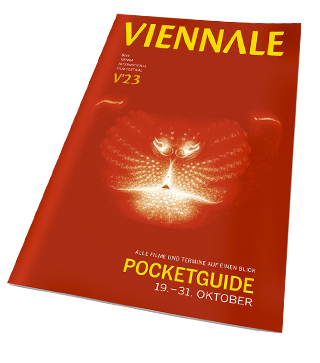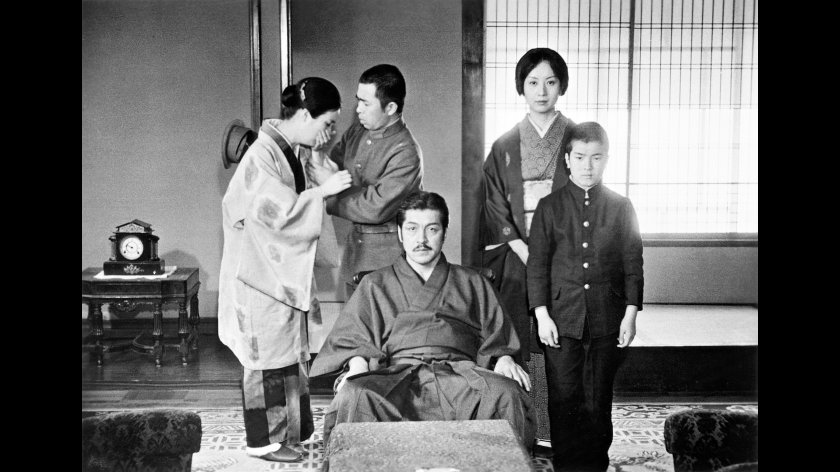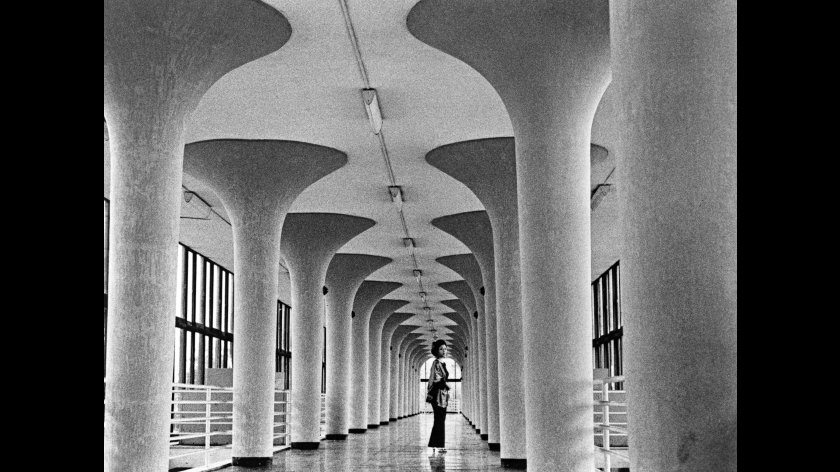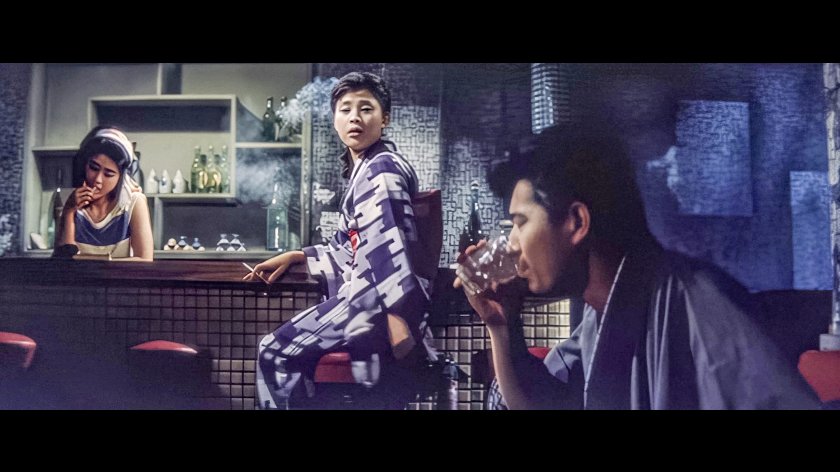Kagami no onna-tachi
Women in the Mirror
Großmutter – Mutter – Tochter; drei Generationen, durch das historische Trauma der Atombombe getrennt und verbunden zugleich. Mit formaler Strenge inszeniert Yoshida die Geschichte von Kawase Ai, die glaubt, ihre vor 24 Jahren aus einem Krankenhaus in Hiroshima verschwundene Tochter Masako wiedergefunden zu haben und damit ihrer Enkelin Natsuki endlich doch noch die „richtige“ Mutter geben zu können. In den Begegnungen der drei verflechten sich Erinnerung und Verdrängtes zu einem nahezu undurchdringlichen Dickicht, darin eine Identität an ihrer Hervorbringung arbeitet; wohl wissend um die Falle restriktiver gesellschaftlicher Konventionen, die „draußen“ auf sie lauert. (Alexandra Seitz)
With lucidity and simplicity, Yoshida’s last film to date constructs an almost hypothetical existence for its characters, who are all obsessed with memory and identity. The answer to the central question of the plot – is the amnesiac Masako (Tanaka Yoshiko) really the daughter of Ai (Okada Mariko) and the mother of Natsuki (Isshiki Sae)? – hardly matters. The enigma only serves as a pretext to enable WOMEN IN THE MIRROR to travel on a journey back and forth in time, across a forest of symbols.
As repeated phrases of dialogue keep reestablishing the same handful of themes, Yoshida’s elegant frames emphasize that the characters occupy the spaces of the film only temporarily and will shortly disappear. The film itself is like the cracked mirror that is one of its keynote images: a flat surface, reflecting human lives caught within the pitiless glare of time. The cracks in the surface are the external signs of the hidden wounds that the characters nurse in secret – wounds that raise their lives to the level of mythology, where they mingle with other myths: of nation, of creation and destruction. (Chris Fujiwara)
Alle Retrospektiven-Filme, die nach der Viennale – ab dem 2.11. – im Filmmuseum gezeigt werden, können selbstverständlich auch wie gewohnt auf www.filmmuseum.at oder unter Tel. 01/533 70 54 reserviert und an der Kassa des Österreichischen Filmmuseum gekauft werden. Es gelten die Preise des Filmmuseums.
Yoshida Kijū: GOOD-FOR-NOTHING (1960), BLOOD IS DRY A.K.A BLOODY THIRST (1960), BITTER END OF A SWEET NIGHT (1961), AKITSU SPRING (1962), 18 WHO CAUSE A STORM A.K.A. 18 ROUGHS (1963), A STORY WRITTEN WITH WATER (1965), WOMAN OF THE LAKE (1966), IMPASSE (1967), THE AFFAIR (1967), AFFAIR IN THE SNOW (1968), FAREWELL TO THE SUMMER LIGHT (1968), EROS + MASSACRE (1969), HEROIC PURGATORY (1970), COUP D’ETAT (1973), A PROMISE (1986), WUTHERING HEIGHTS (1988), WOMEN IN THE MIRROR (2002), BEM-VINDO A SÃO PAULO (2004, Episode)
- The Japan Foundation
- Okada Mariko
- Tanaka Yoshiko
- Isshiki Sae
- Murota Hideo
- Yoshida Kijū
- Nakabori Masao
- Morishita Hiroaki
- Heya Kyoko






